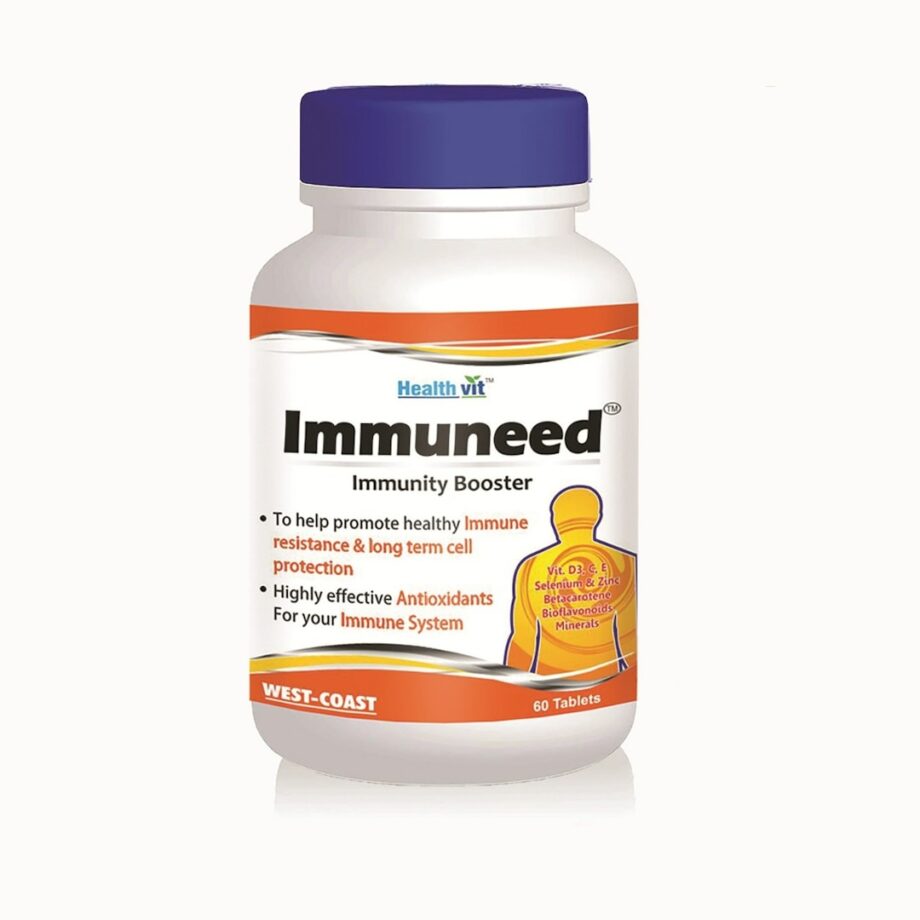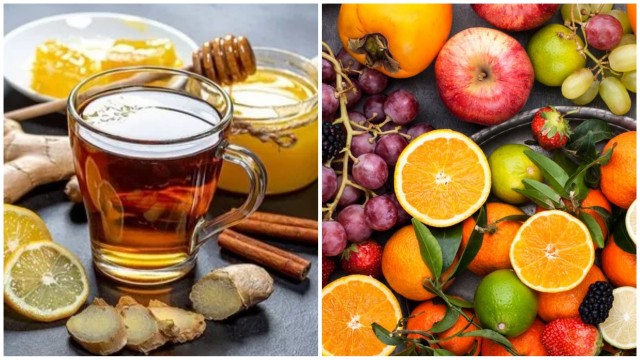The monsoon is known to bring with it a variety of ailments, including the common cold, flu, and typhoid as well as mosquito-borne conditions like malaria, dengue fever, and even stomach disorders.
Dietitians Bushra Qureshi and Kajal Wattamwar, co-founders of Healthy Steady Go, stressed the significance of providing your body with the proper nutrition and developing an impermeable immune response.
However, unlike in other seasons, it is not advised to eat green leafy vegetables during the monsoon since they might serve as a breeding ground for numerous bacteria and fungi that flourish in humid and damp climates. The same is true for seafood, as the danger of illness during monsoons is relatively significant owing to contaminated water.
1. Seasonal fruits
The majority of fruits that are available during the rainy season, including Jamun, cherry, pear, plum, peaches, fresh dates, and pomegranate, are high in antioxidants and vitamin C. Avoid juicing and consume them whole for the best results.
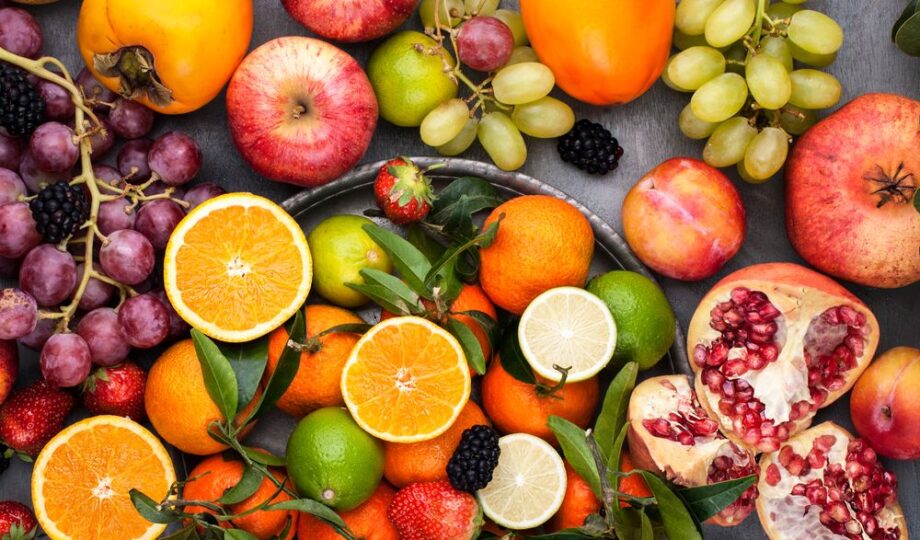
2. Colourful vegetables
Also popular during the monsoon are the veggies, bottle gourd, bitter gourd, tinda, and parwal. Don’t forget to include colorful vegetables like tomato, lady finger, radish, cucumber, and brinjals in this feast. Additionally, bake or air fry wedges of sweet potato in place of eating French fries or deep-fried chips.
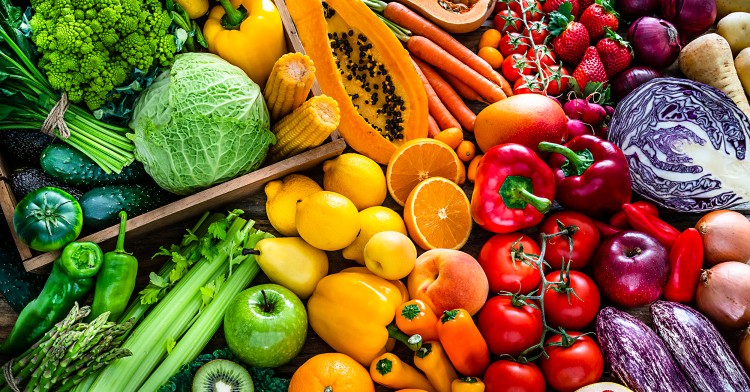
3.Kadha
Enjoy a warm cup of kadha that has been infused with a variety of beneficial herbs and spices, including cloves, turmeric, pepper, cinnamon, ginger, nutmeg, and cardamom. This will keep you warm and support the development of your immune system. For sweetness, you can add a small amount of jaggery.
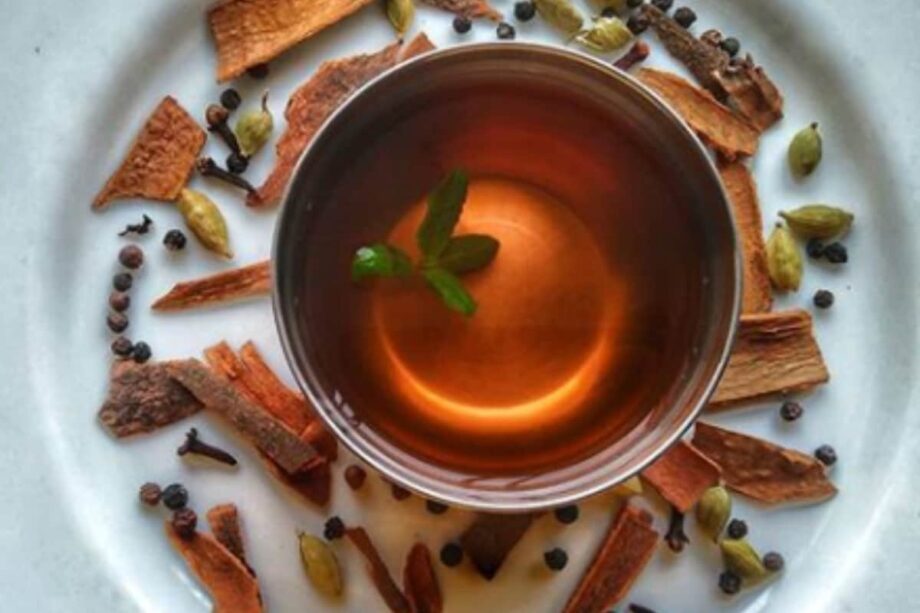
4. Immune boosters
You have taken the first step toward a healthy monsoon by including kadha in your diet. Superfoods like amla, which is high in vitamin C, or flaxseeds, almonds, and walnuts, which are high in omega 3, can be added to further advance this.
